How's Your Self-Talk?
For decades, I told myself a story that I was somehow wildly deficient. Everyone else made it out of labor and delivery just fine. Not me. I was flawed and had to work overtime to measure up—to show up.
What facts supported this story? What was the payoff for believing it? These are two questions I didn’t start asking myself until my late 20’s. And man were they gnarly narratives to untangle.
We unconsciously adopt self-defeating narratives early on in childhood in order to make sense of core wounds and our childish beliefs about those wounds. I came to the binary conclusion about my own that paid off in dividends because it helped me overcompensate and avoid its possible effects moving forward. How? By armoring up with perfectionism and the insatiable desire to prove the world wrong: I am indeed enough and will work realllllly hard to show you!
This worked well until it nearly killed me.
You and I are very much alike in that we both live out of stories— some of them life-giving, some of them need serious editing.
Editing these stories might sound like a heavy, quasi-nebulous lift for most of us. Want to know the best and easiest way to start this process? Your self-talk. The stories we have about ourselves and the world around us are colored in with constant commentary and self-talk. And though we are each unique, the thing that I’ve learned working with hundreds of people throughout the years is striking: we largely pretty much suck at self-talk.
When I started to study and practice self-compassion, I became aware of the aggressive nature of my self-talk. Hell, I don’t think I’d even talk to someone I dislike with the same harsh tenor I do myself. When working with clients who are on the path towards healing this relationship with self, I tend to hear a familiar limitation, “But saying really nice things to myself doesn’t feel believable!”
I get it. It’s hard to go from, “you’re just not enough,” to “You’re so amazing and worthy of love!” For most, this doesn’t feel authentic.
Don’t worry, it doesn’t feel natural because your brain isn’t used to it. It NAILS the inner critic though. It’s not about getting it perfect, it’s about becoming aware of your thoughts and self-talk and practicing a higher quality within them.
It’s moving from the scarcity of, “There’s never enough time to do what I need to do” to a less charged and more neutral, “I’m giving myself grace to do my best right now.”
We don’t have control over all of our circumstances in life. We do, however, have control of how we talk to ourselves. This matters big time.
This week, play around with (a) becoming aware of your thoughts as you have them, and (b) practicing tiny shifts in order to help you feel better emotionally (and physically). It’s subtle, so don’t go looking for a quick fix here.
Are you ready to shed the weight of your nagging inner critic? I know, she’s heavy. What dialog might promote willingness and curiosity in your life today?

